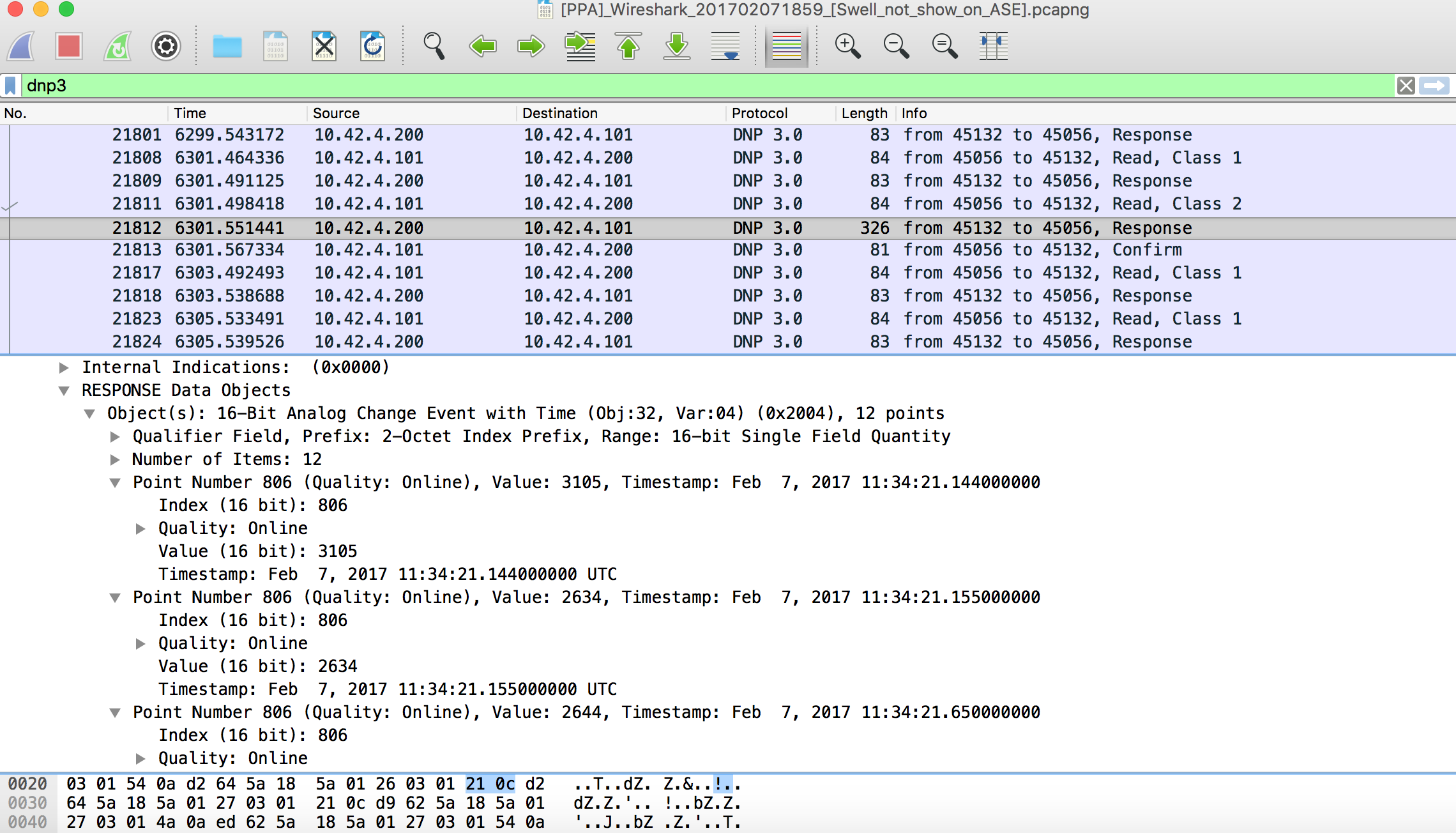

(In order to allow Timestamp Request, you must create a custom rule the list is read-only for built-in rules).įinally, however, note that even if the firewall allows the packets through, that doesn't mean the OS will actually support that specific ICMP request type. The specific ICMP types for each rule are selected under "Protocols and Ports → ICMP settings: Customize". For example, the "File and Printer Sharing" group has built-in rules to allow incoming ICMP 'Echo Request':

So in order to allow specific ICMP types, you should of course create rules under "Inbound Rules", or enable those which already exist. If you haven't found any specific rules related to Timestamp Requests, that means they will be denied as per the default configuration. When you open the firewall configuration tool (either by running wf.msc, or opening the "Windows Firewall with Advanced Security" app, or clicking the " " link in Control Panel), you see this screen:īy default, this says "Inbound connections that do not match a rule are blocked", and this really applies to all packets not associated with an existing state, including ICMP requests. The full processing order is documented on TechNet, but for simplicity, you can think of it as "1) handle all 'deny' rules, 2) handle all 'allow' rules, 3) deny or allow everything else, depending on profile settings". Windows Firewall blocks everything by default. I am using Nping to send the message and Wireshark to watch the packets come and go. Neither could I find any documentation online to help me understand if this particular message is being blocked by default (like ICMP Echo).ĭoes anyone know if Windows Firewall blocks this message by default? Is there somewhere I can look to see/configure this default setting? Is there documentation available somewhere that I simply missed? However, I don't see any particular rules setup which indicate to me that this is really the case.

I'm assuming this is because the firewall is blocking the request. When I have Windows Firewall enabled I can send a Timestamp Request from the host and the client will receive the request but never responds with Timestamp Reply. When I have Windows Firewall disabled I can send a Timestamp Request from the host and the client will receive the request and respond with Timestamp Reply (Type 14). This question is specifically related to the ICMPv4 Timestamp Request (Type 13) message.


 0 kommentar(er)
0 kommentar(er)
